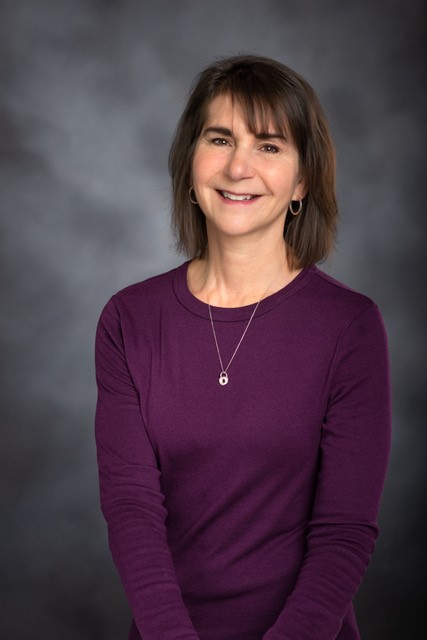Contributor Dr. Elise Herman
We are definitely in the sick season and Respiratory Syncytial Virus (RSV), a common fall/wintertime virus, is very prevalent right now. Most kids have had RSV at least once by age 2 years and usually it just causes a mild cold. In some children, especially preemies, young infants, and those with heart, lung, or immune system problems, RSV can be more serious. It can cause pneumonia (lung infection) and bronchiolitis (inflammation of the small airways). Adults also get RSV, though as with most kids, they usually just have mild cold symptoms. Elderly adults or those with compromised immune systems or underlying health problems can develop more severe RSV.
RSV spreads by direct contact with the virus by kissing, sharing drinks, or touching a contaminated surface). Airborne droplets from a cough or sneeze are also infectious. People are contagious for a day or two before signs of illness and then for 3-8 days after becoming sick.
RSV symptoms include runny nose, cough, sneezing, fever, and decreased appetite. There may be mild wheezing, which is a high-pitched musical sound heard with breathing out. RSV typically lasts 1-2 weeks.
If RSV is more severe, there may be signs of difficulty breathing such as rapid breathing and sucking or pulling in between the ribs or just below the neck (“retractions”). Other warning signs include grunting respirations, and the lips or tongue appearing pale or bluish. Trouble breast or bottle feeding and pauses in breathing are worrisome signs sometimes seen in young infants.
Testing for RSV (done with a nasal swab) is not needed if your child is mildly affected. If the illness seems more severe, RSV testing may be ordered. Kids can test positive for RSV for days to weeks, even once they appear recovered. There is no need to do testing to see if a child is “over” their infection.
There is no cure for RSV and most kids just need basic at-home care. Ensuring your child gets enough fluids is important. Small frequent feedings may be better tolerated and using saltwater nasal drops and suctioning prior to infant feedings can help. Breast milk can be expressed and put in a cup or bottle if feeding at the breast is too difficult.
Tylenol (over 2 months) or Advil (over 6 months) for discomfort is fine, but do not worry about “getting a fever down”, as the fever may be helping your child fight the infection. Severely ill kids may need oxygen and IV fluids in the hospital to treat dehydration, but this is uncommon and usually is just for a few days. Only 1-2% of infants under 6 months of age need to be hospitalized with RSV.
To decrease the risk of kids and adults getting and spreading RSV, practice good handwashing with soap for 20 seconds. Teach your child to cover coughs and sneezes with tissue or their elbow. Avoid sharing drinks and utensils. If your child is at high risk of severe RSV, you may want to avoid childcare and crowded settings if RSV activity is high. Masks in kids over age 2 years are effective at decreasing spread of the virus. Avoid smoke exposure which is harmful to lungs in general.
There is no vaccine for RSV yet, though some are in the works. If your child is 6 months or older, it is vital to vaccinate them against influenza and COVID-19 since these can make RSV more serious. There is an injected monoclonal antibody medication to prevent severe RSV only in very high-risk kids.
Remember that most kids with RSV will have a mild illness. You should call your child’s provider, however, if there are signs of dehydration (not drinking well, poor urination, or looking pale or weak), extreme fatigue, or difficulty breathing.
Find more information on our RSV resource page: kvhealthcare.org/rsv
more about The contributor

Dr. Elise Herman
Dr. Herman is passionate about community health outreach, school programs, and child/family health and wellness. She has more than 31 years of experience as a pediatrician in Ellensburg, Washington, the last 3 with KVH Pediatrics. In 2022 Dr. Herman mostly retired from practice and continues to contribute blog posts and remain a visible advocate for kids in the community.